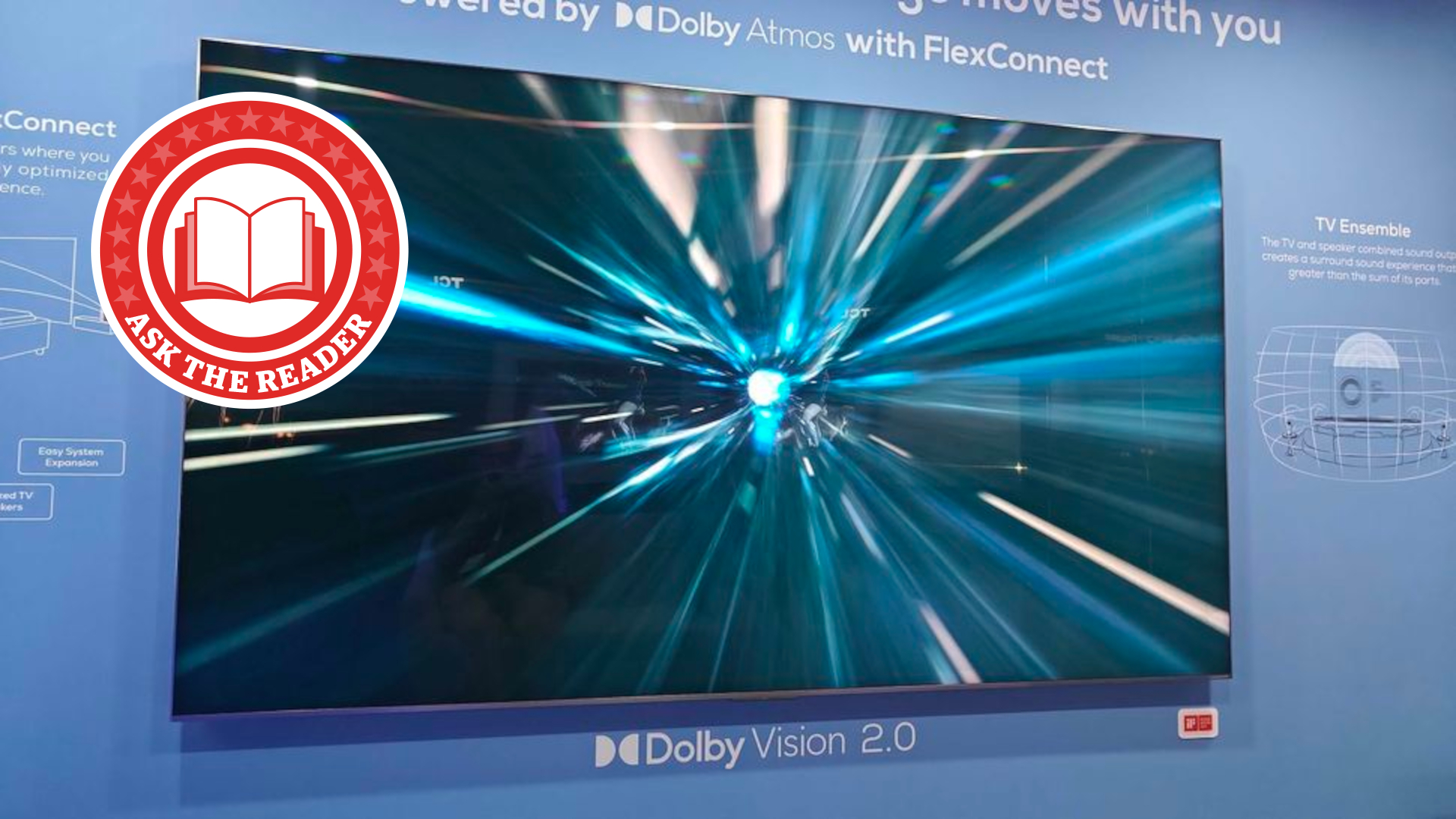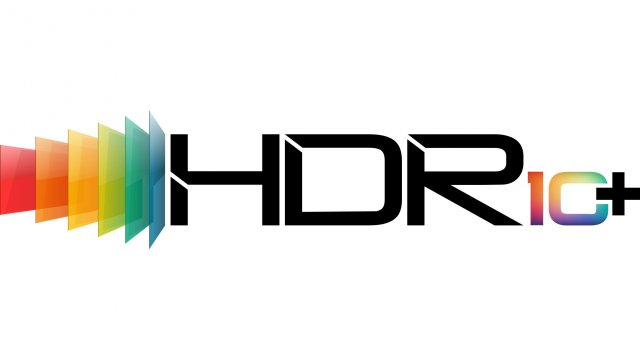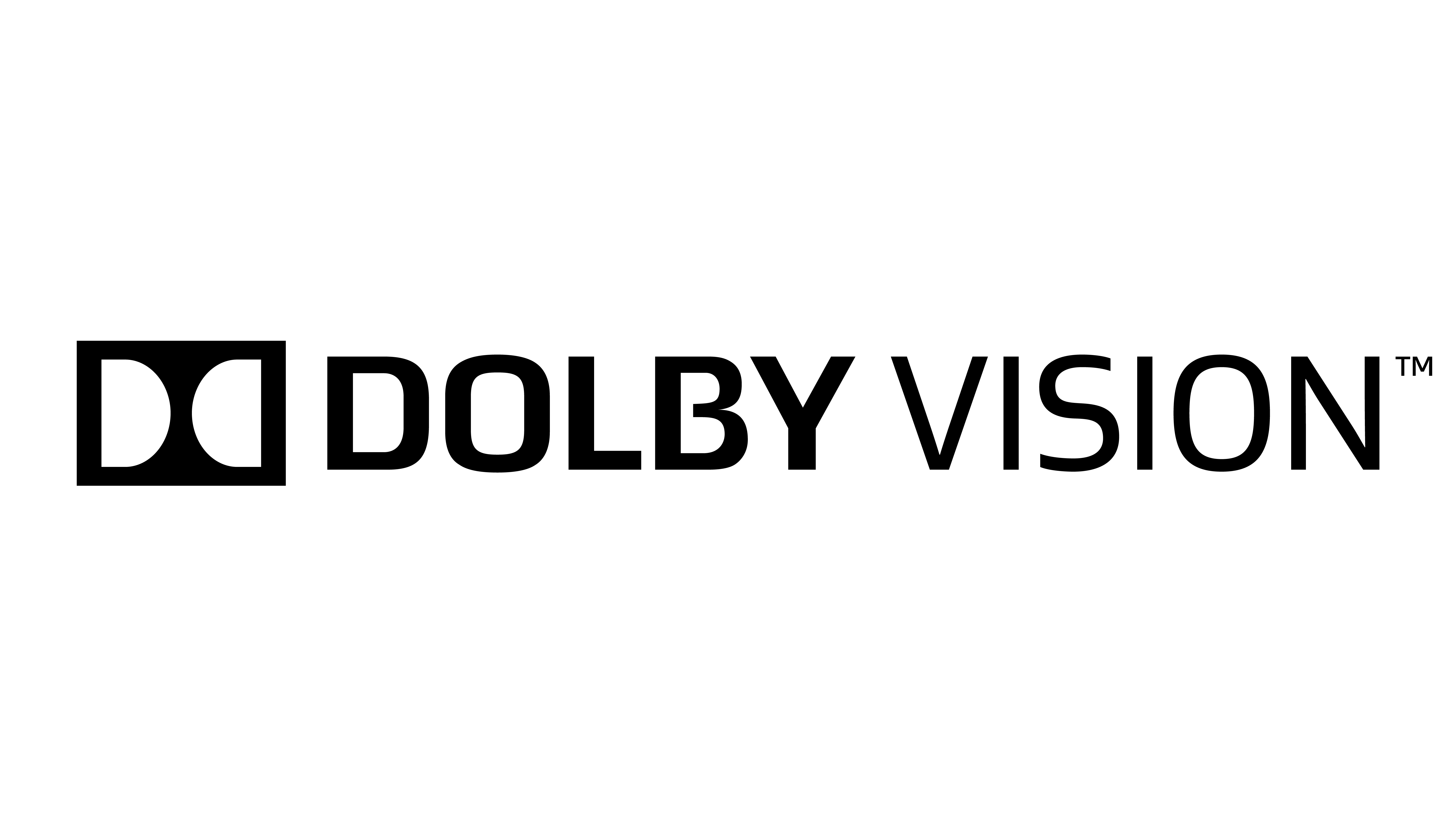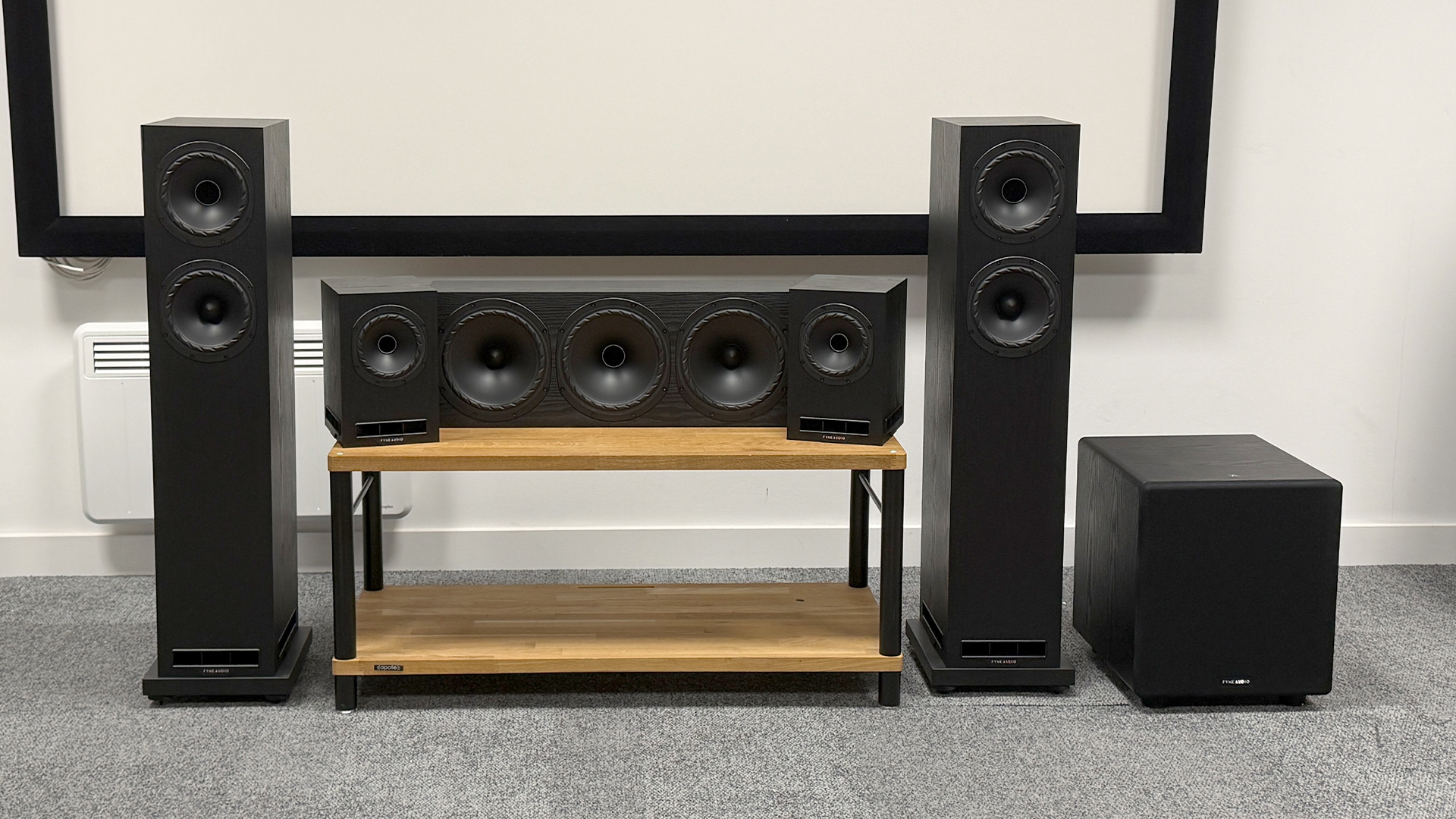Dolby Vision is dividing our readers – and it’s not just the cinephiles turning their noses up
Even we didn’t expect an HDR standard to be this divisive…

At the start of the month we asked if you, our discerning readers, care about the Dolby Vision HDR standard when buying a new TV.
And while feuding HDR standards may not sound like the most blood boiling of topics to most people, since then we’ve had our forums, on-site comments, email inboxes and even physical mailboxes flooded with responses.
Editor’s Note: Yes, one of you even sent a physical letter answering the question. I’m thinking about having it framed.
Having trawled through all of them for this month’s column, we can confirm that a lot of you have very strong feelings on the topic – to the point we’ve had to make a call not to use many of the “spicier” takes you sent our way.
The biggest take away we have is that Dolby’s HDR standard is still a divisive topic, even if most of you agree it is technically superior to its main rival, HDR10.
But, what's even more interesting is that the division looks set to widen next year with the arrival of Dolby Vision 2 and Dolby Vision 2 Max.
Here's why.
The latest hi-fi, home cinema and tech news, reviews, buying advice and deals, direct to your inbox.
A readership divided

The big lesson we learned off the bat, is that many of you don’t care. The first batch of comments we got, many of which have since been censored due to their use of naughty words, had a blunt “no” theme.
However, between the potty mouths there were a few more coherent naysayers who expanded on why they don’t care, including reader “spencergordon100”, who argued he can’t notice any difference between it and HDR10+ (Samsung's direct rival to Dolby Vision).
“No, honestly it's irrelevant until technology can meet those requirements. HDR10+ and Dolby Vision are indistinguishable on most TVs if playing the same content in their respective formats. A touch of brightness here added shadow detail there. Not enough to influence buying decisions.”
The topic of HDR10 and its plus variant and how it compares with Dolby Vision was a constant theme among respondents, with many arguing there is no visible difference due to the technical limitations of most TVs. This is interesting, as Dolby Vision offers superior colour depth and a higher peak brightness limit – in theory giving creators more control over the picture.
These include “apd” who expanded on spencergordon100’s comment, arguing that most content is mastered well below either of the current standards’ specifications.
“Given that most content is mastered at a level well below the capabilities of 90 per cent of HDR TVs (1000 nits) then these add-ons are completely unnecessary,” wrote apd.
They added this is a key reason they are dubious about Dolby Vision 2, which they worry will add more superfluous processing, taking content further away from the director’s original vision, despite the company's promise to do just the opposite with the new tech.
“Dolby Vision 2 is a system for artificially ‘enhancing’ the content, moving further away from the original promise of the content looking as it was mastered. And none of it works in a room without controlled lighting,” wrote adp.
Their sentiment struck a chord with many other commentators, who creatively described Vision 2 as, “a nothing burger” for similar reasons.
But those of you who care, care deeply

Despite the opening sea of naysayers, there was an equal number of readers who reported Dolby Vision as an essential item on their TV wish list.
These include "Chris Jones" who bluntly reported: “I won't buy a TV without Dolby Vision.”
Thankfully, other Dolby Vision supporters were a little more forthcoming with their reasoning.
In all of the replies, the general theme among Dolby Vision's supporters was a simple one: it looks better.
This was the key argument given by reader “Liam” who told us: “The difference between Dolby Vision and HDR10 is quite large. I'm always disappointed when a movie doesn't come with Dolby Vision. I’m thinking about upgrading my four- or five-year-old OLED (maybe) at the moment and I won't even consider any screen that doesn't have it.”
His simple argument struck a chord, with a stream of like-minded movie fans joining the chorus singing Dolby Vision’s praises.
These included reader “Tobias Sandlewood” who added: “Most quality content is done in Dolby Vision. Why would you choose to miss out? [...] Dolby Vision is a major benefit to picture quality – to buy an expensive TV without it is foolish (in my opinion).”
Reader “adam.dasz” agreed with both readers, listing a lack of Dolby Vision support as a key reason he won’t buy a Samsung TV:
“I would say the absence of it is a very big compromise. It's the most prevailing of the dynamic formats, is future proof for 12 bit colour and 10,000 nits and has widely adopted mastering tools. You're surrendering the best content presentation by not having it. HDR10+ has only a fraction of the presence in the content market place and technically isn't quite up there."
He added that, though a lot is currently unknown about what actual content will be mastered in Dolby Vision 2, he can see it widening the divide when it comes to market next year:
“Obviously we have Dolby Vision 2 coming, so the deck is getting reshuffled somewhat. But that's only going to push them further. It's a shame Samsung doesn't support it. It's the main reason I don't personally ever consider them these days.
“Those QD-OLEDs and future Micro LEDs are very impressive. But I just couldn't compromise with inferior formats like that. It bugs me that Sony has to buy the Samsung displays and I have to pay an extra Sony premium on top to get that Dolby Vision.”
Our hot take
The main takeaway we have is that you care about HDR standards a lot more than we expected, with there being strong opinions on both sides and very little middle ground between either camp. You seem to think either that Dolby Vision is a complete dealbreaker, or that it is completely irrelevant.
As reviewers, we firmly believe that Dolby Vision makes a difference to picture quality – and it’s usually a positive one. We use both Dolby Vision and HDR10 content as part of our testing, and we regularly compare the two.
The big difference is, of course, the tailored approach to tone-mapping. This often results in more detailed highlights and shadows – but Dolby Vision also brings with it a more cinematically authentic approach to colours and sharpness.
It is true that a really capable TV with an excellently optimised Filmmaker Mode (or equivalent) will deliver a very Dolby Vision-like performance with the HDR10 layer of the content, but we maintain that true Dolby Vision support is a valuable spec.
The bigger question is, what impact Dolby Vision 2 will have next year? But, as we have said before, there are still way too many unknowns about the new standard. The two biggies are which specific TVs will support it and its new Max tier, and which films and shows will be available mastered in DV2?
Until we know that and have seen Dolby Vision 2 in all its glory running on real hardware, we can’t comment on how big of a deal it is and what impact it will have on our buying advice.
MORE:
These are the best TVs we have tested
We rank the best Mini LED TVs
Our picks of the best OLED TVs

Alastair is What Hi-Fi?’s editor in chief. He has well over a decade’s experience as a journalist working in both B2C and B2B press. During this time he’s covered everything from the launch of the first Amazon Echo to government cyber security policy. Prior to joining What Hi-Fi? he served as Trusted Reviews’ editor-in-chief. Outside of tech, he has a Masters from King’s College London in Ethics and the Philosophy of Religion, is an enthusiastic, but untalented, guitar player and runs a webcomic in his spare time.
You must confirm your public display name before commenting
Please logout and then login again, you will then be prompted to enter your display name.
